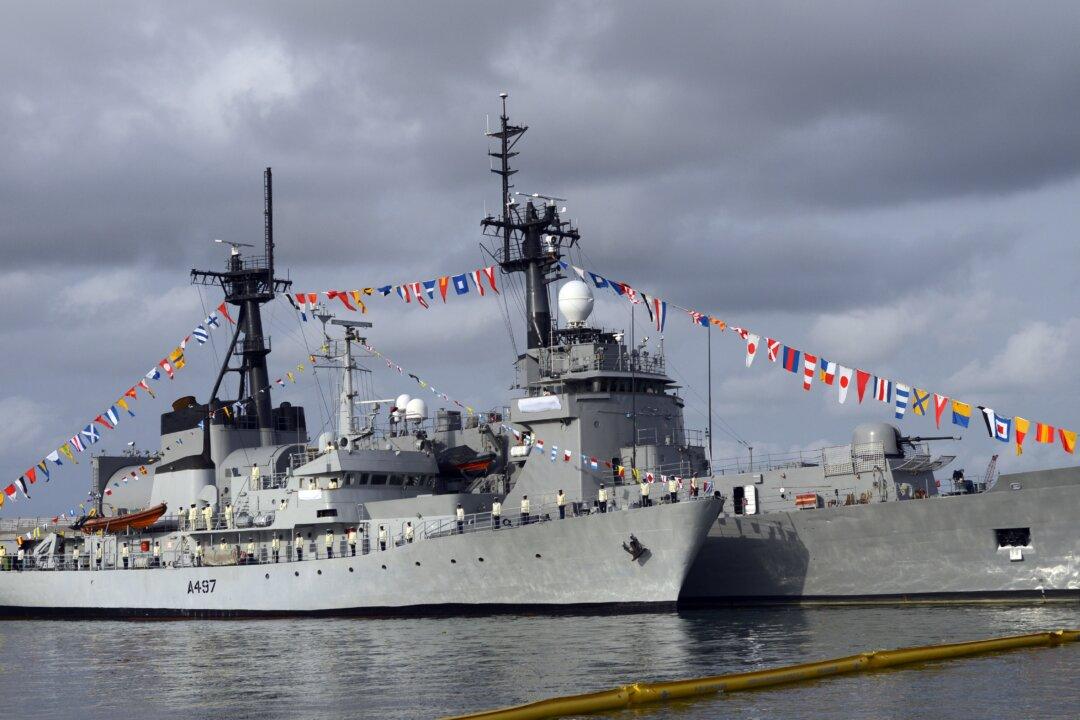Commentary
The Chinese Communist Party (CCP) is using U.S. support for Israel and Ukraine to justify its debt trap diplomacy, portraying China as the benevolent savior of the world.

The Chinese Communist Party (CCP) is using U.S. support for Israel and Ukraine to justify its debt trap diplomacy, portraying China as the benevolent savior of the world.